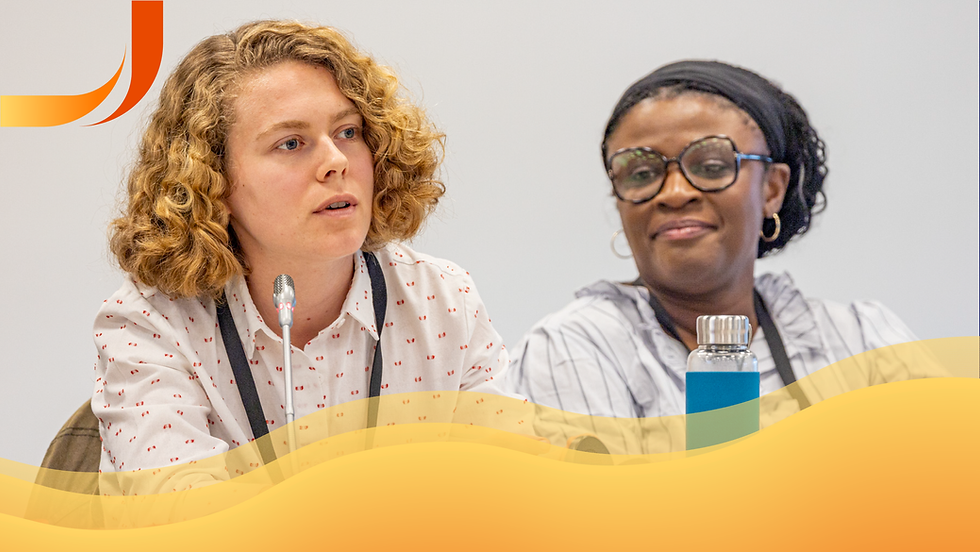UNESCO workshop
- Mar 5, 2024
- 1 min read
This workshop was part of a broader initiative on World Heritage and renewable energy. The World Heritage Committee acknowledges climate change's adverse effects on World Heritage sites while recognising their potential as testing grounds for adaptation and mitigation strategies. Achieving a balance between the demand for renewable energy and heritage preservation requires meticulous planning, respect for heritage values, and inclusive dialogue among stakeholders.
The UNESCO World Heritage Centre has been working to develop tools to facilitate this dialogue. The initial outcome of this work was an online Guidance for Wind Energy Projects in a World Heritage Context, presented in March 2023. The workshop in Namur aimed to expand on this guidance by creating a user-friendly framework tailored to solar energy projects' specificities and their impacts on World Heritage sites.
SolarPower Europe provided insights into solar deployment in Europe and technological solutions for photovoltaic (PV) deployment in protected areas. Hence, the meeting was a great opportunity to present the Increase project, emphasising its work beyond technological innovation through strong engagement with the heritage sector and the New European Bauhaus, as well as through a co-creation process. The workshop also started an engagement process with the UNESCO World Heritage Centre.


Comments